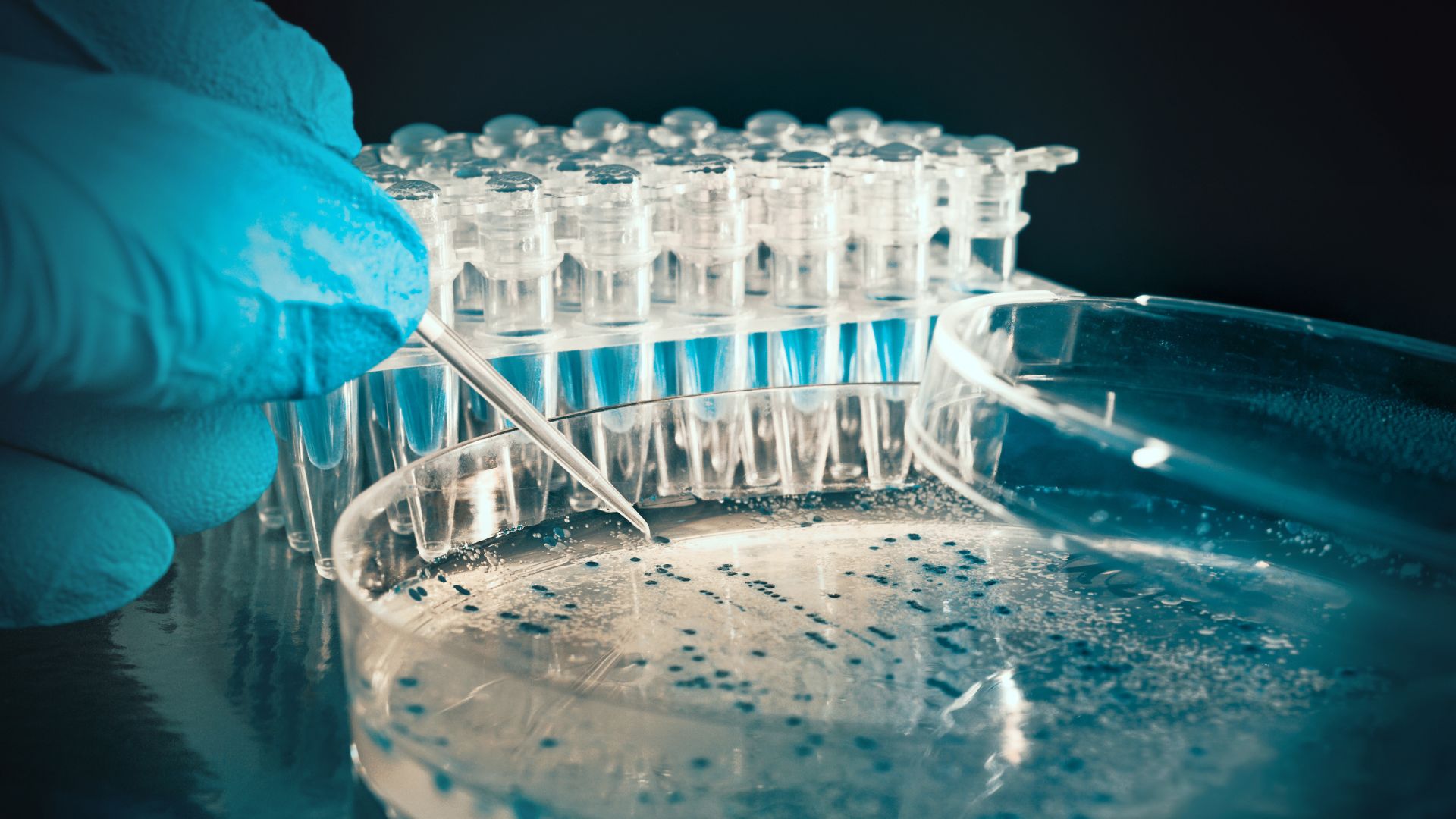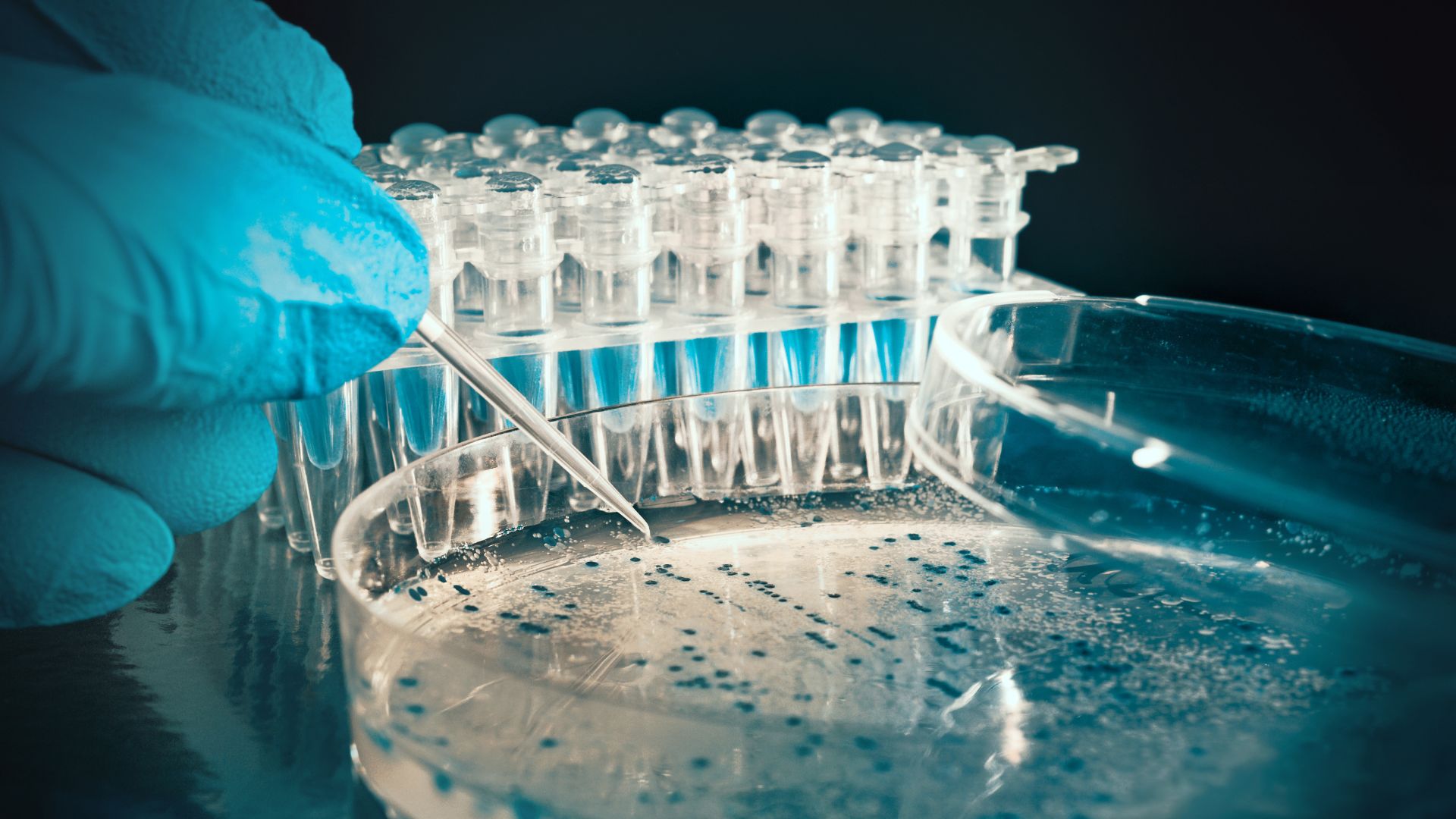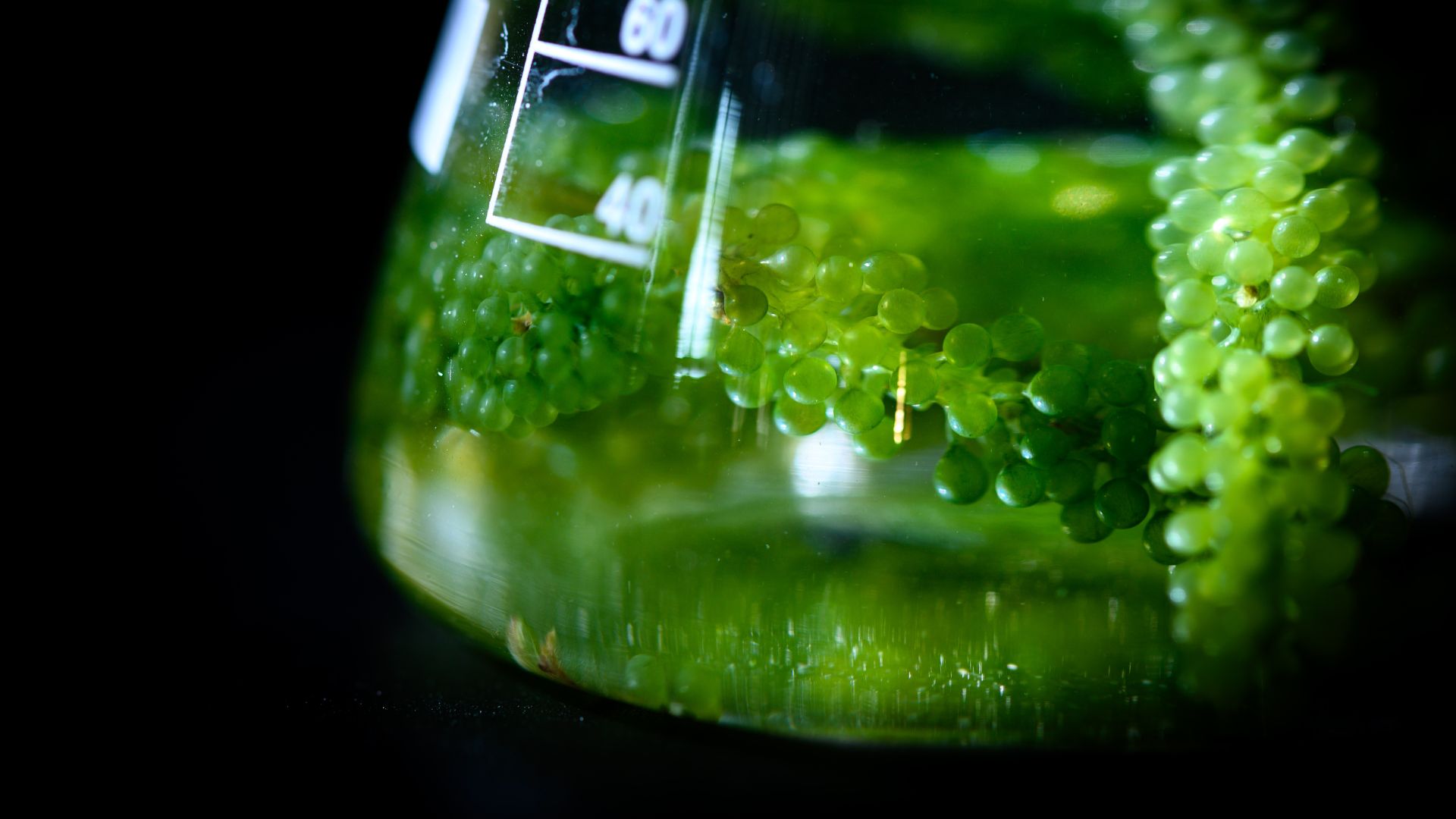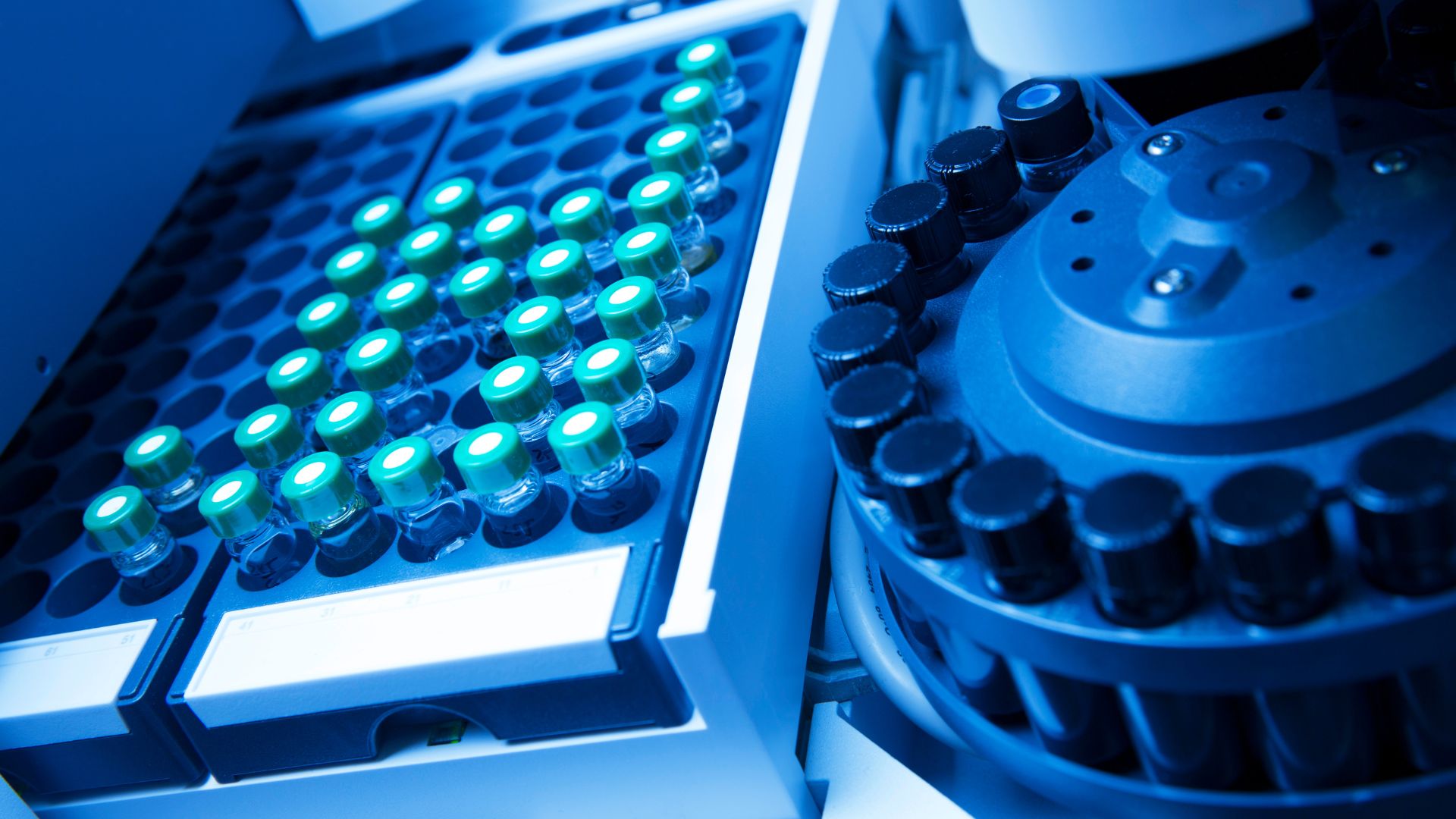Balancing Innovation and Responsibility: Ethical Dilemmas in Biotech

Biotechnology has revolutionized industries ranging from agriculture to materials science, offering solutions to some of the world's most pressing challenges. However, with great potential comes significant ethical responsibility. As biotech innovations continue to advance, society must navigate complex moral questions regarding safety, environmental impact, and accessibility.

One major ethical concern is the potential unintended consequences of genetic modifications. While bioengineered crops can increase food security, there is debate over their long-term ecological effects, such as the loss of biodiversity or the unintended spread of modified genes to wild plant populations. Striking a balance between innovation and environmental stewardship is critical in the responsible development of biotech solutions.

Another dilemma is the issue of patenting biological innovations. Large corporations often hold patents on genetically modified seeds, synthetic organisms, or engineered materials, which can limit access for smaller companies, independent researchers, or developing nations. The question of whether life forms or genetic sequences should be owned and commercialized raises important discussions about fairness and accessibility in biotechnology.

Public perception also plays a role in ethical debates. Some communities remain skeptical of biotech advancements due to misinformation or concerns about corporate control. Transparency, rigorous safety testing, and open communication between scientists, policymakers, and the public are essential to building trust. By addressing these ethical dilemmas thoughtfully, biotechnology can continue to drive progress while ensuring responsible and equitable use.

